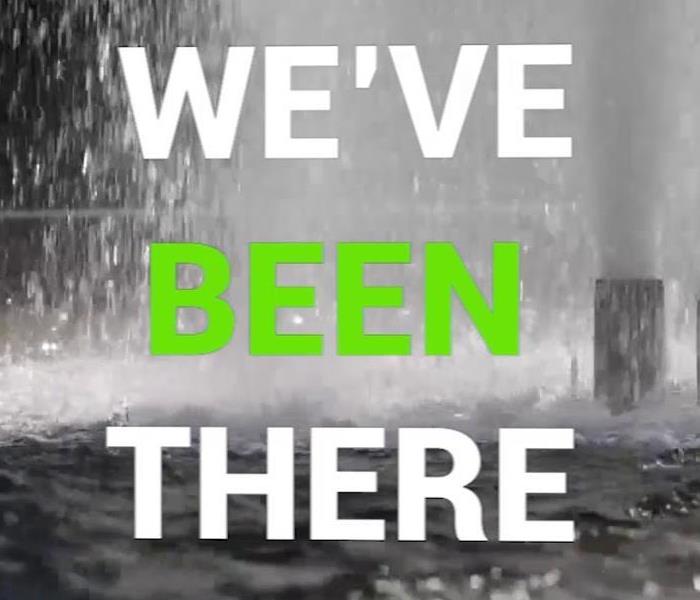How to Prevent Water Damage
12/21/2020 (Permalink)
If you're careful about what goes down your drains, you can help prevent cracks and damage to your pipes that might otherwise lead to leaks and water problems. Be careful what goes down our toilet. It's a good idea to flush only human waste and toilet paper. Note: even "flushable" wipes can clog toilet drains, especially in bulk. Make sure not to pour grease or coffee grounds down drains as these can clog pipes and sewer lines. If you have a drain clog, try using a drain snake rather than a chemical cleaner as a snake is typically both ore effective and less potentially hazardous.Clean your gutters regularly once a year and be sure to check them after heavy storms to make sure water is flowing properly. Once a year, make sure to visually inspect your plumbing, including any toilets, sinks, tubs, washing machines, or dishwashers and look for any signs of damage or leaking. Flush your sinks with baking soda and vinegar to help prevent clogs. You can use lemon juice to eliminate odors. Consider investing in a sump pump in case of flooding and be sure to check it regularly to make sure it is in good working order. Pay attention to your water bill each month. An unexpected increase may indicate that water is leaking somewhere. water Damage Prevention when traveling: As the holidays are approaching us these are helpful steps you can take before you leave to help prevent any water problems while you're away. 1) Adjust your HVAC settings to a low setting or turn them off completely if possible. 2) Consider turning off your water supply and draining your pipes. 3) Ask a neighbor to check on your house or business every few days to make sure there aren't any developing problems. While it's not always possible to prevent water damage, these tips can help minimize your chances of having to deal with a major water related emergency. Dealing with a water loss? Give us a call at (516) 774-2200 for quick and easy scheduling.






 24/7 Emergency Service
24/7 Emergency Service
